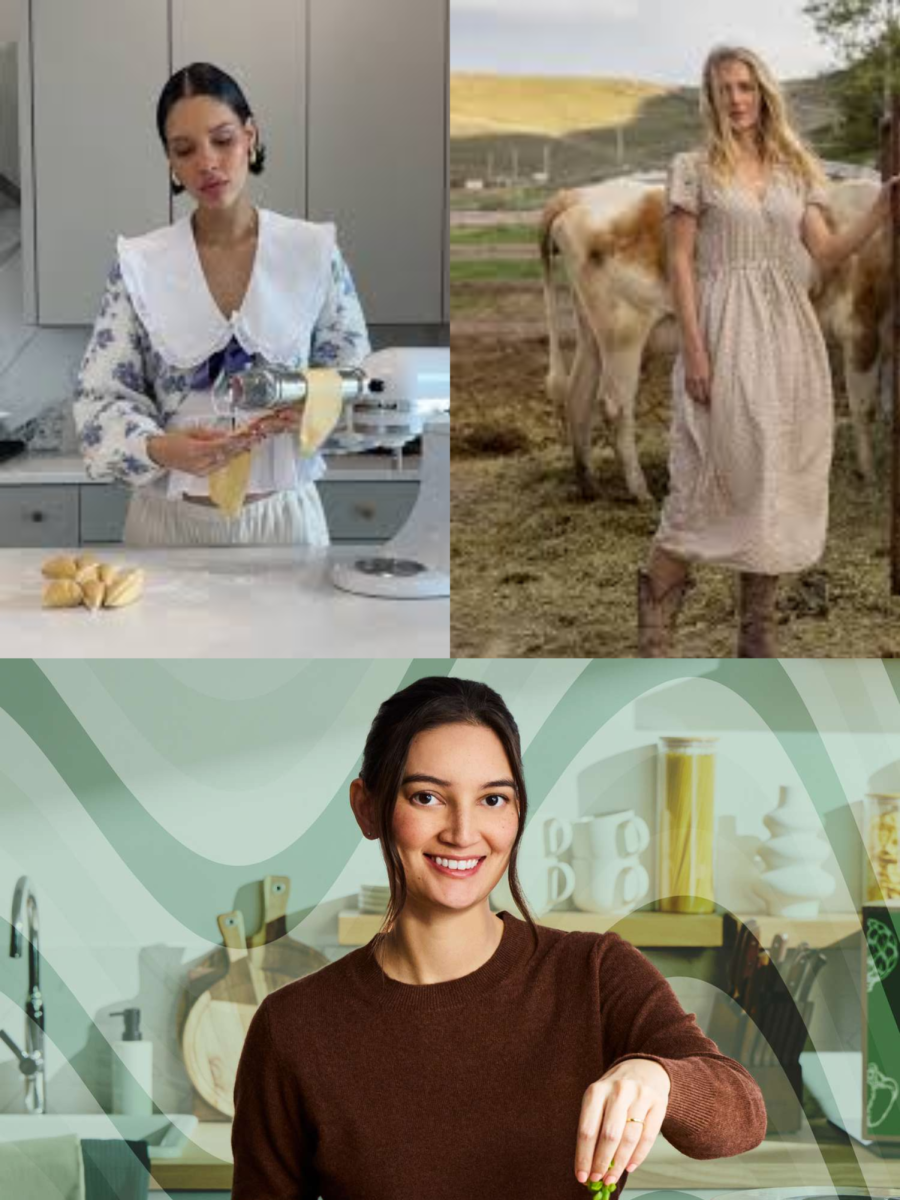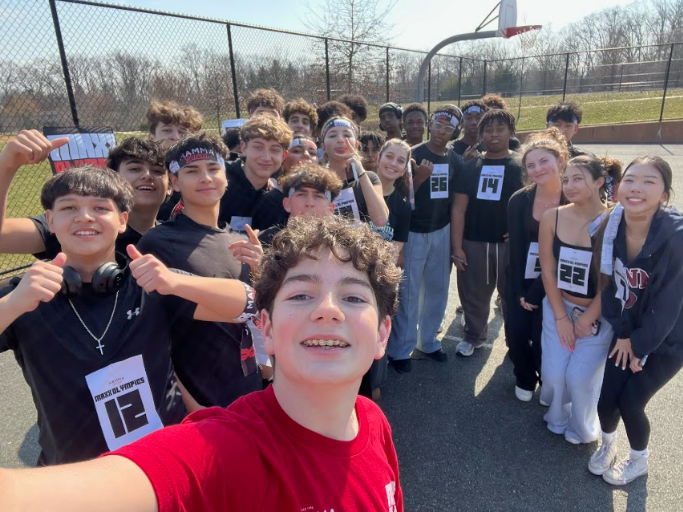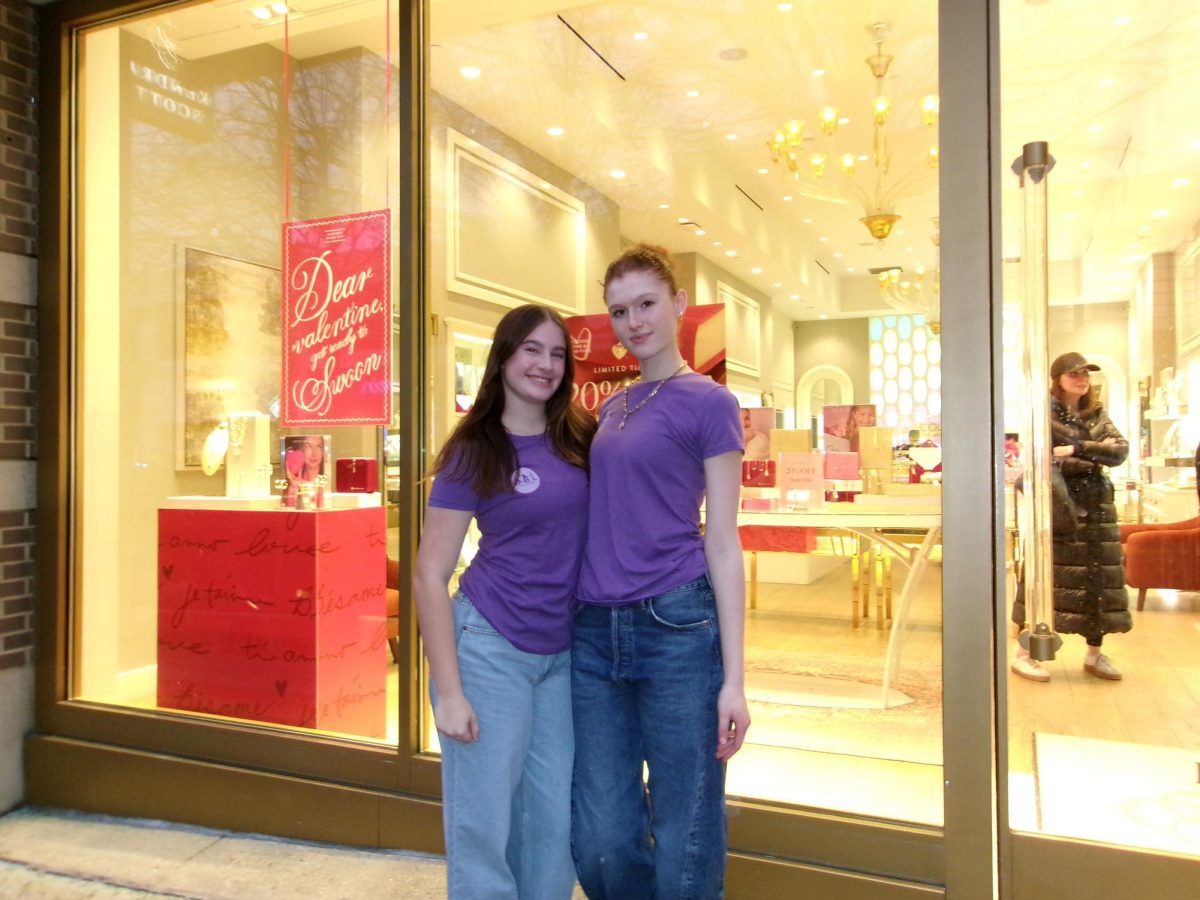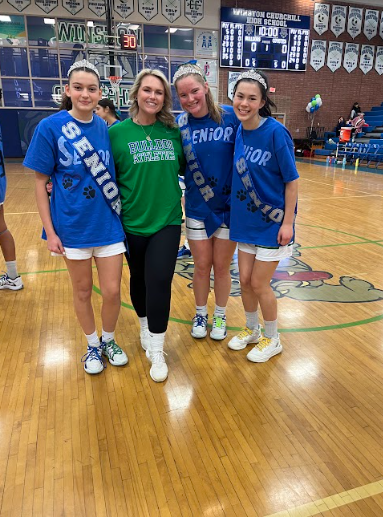Wake up at 5 a.m., spend an hour getting ready and glide through the day with the perfect routine. Preparing not just meals but household and skin care products from scratch, these women, known as “tradwives” on social media, have it all under control. Content creators such as Nara Smith, Sofia Richie Grainge, Emily Mariko and Hannah Neeleman portray the essence of being able to run their lives with no effort required.
WCHS students see these women as they mindlessly scroll on social media platforms and watch them live their “perfect” lives. For WCHS senior Nina Lingan, social media reflects an internal feeling, as does WCHS’ environment.
“[AT WCHS] especially, there is a lot of pressure to be a ‘perfect’ student or have ‘perfect’ grades, and that mindset is something that I experience in my life, too,” Lingan said. “I often find myself upset over a grade that is not even that bad or comparing myself to how I see other people doing in their classes or how rigorous their schedules are. I think social media influences this to an extent, as there is so much pressure to be good at everything you do, but I think that specifically comes from within WCHS itself.”
Several WCHS students may not be aware of this new trend within the female content creator community. The “tradwife” refers to a woman who reverts to traditional gender norms by becoming a homemaker and strictly following traditional marital rules. Compared to a stay-at-home mom who focuses on the children, tradwives concentrate on maintaining an image of perfection and submitting to their husbands.
The period of adolescence in young girls’ lives allows for key personal development and helps them to grow into themselves. With influences from the outside world shaping the ideas and beliefs of WCHS students, it is easy for them to grow confused about their own lives.
“Women and girls see all these specific archetypes and fads and I think there is often pressure to fit into just one—whether that is a stereotype, an aesthetic or a personality,” Lingan said. “It does not allow people, especially impressionable young girls, to decide who they want to be. Instead, it is almost as if there is a list of options and you are supposed to choose just one. That can probably be confusing to a young girl who is still figuring out who she is and who she wants to be.”
Tradwives highlight an important concept for female students: their own lives might not have been as put together as they believe. Constant comparison for WCHS students leads to them feeling uncertain about the world around them and their futures.
“I believe this [phenomenon] puts a lot of pressure on young girls, especially tweens and teenagers who spend a lot of time on social media and can be easily influenced by it,” Lingan said. “Even if it is not intentional, people often find themselves comparing themselves to all kinds of women you see on social media, for better or worse. It can be draining on young girls to constantly see these ‘perfect’ versions of other people and feel as though they need to be the same.”
Although many see tradwives as individuals regressing within society, it is a lifestyle choice for many. While there are some downsides to the lifestyle, there are some upsides to the lifestyle that may interest students. WCHS senior Bianca Rincon has seen the positives of being a tradwife.
“If a woman chooses to be a housewife that is okay but I think it is a problem when it becomes like the woman is only relying on the man and even if they are in a toxic relationship,” Rincon said. “She needs the man because the man is providing the money and the money for food, living and other expenses, so it can become a toxic relationship.”
There is always something to learn from women like Nara Smith who partake in the traditional lifestyle. WCHS students can take the opportunity to embrace the changes in the world today and grow into their true selves. With all of the options to express themselves in the 21st century and social media platforms that arise, there are plenty of ways for students to find themselves.
“ I think it is interesting that we are seeing this trend reoccur in today’s modern society,” Lingan said. “I think it may have something to do with the state of politics in the USA currently, but I would like to believe it is also in part the idea of feminism and women being allowed to do whatever they choose. [Everyone] can make the conscious decision to live whatever kind of lifestyle they want.”















